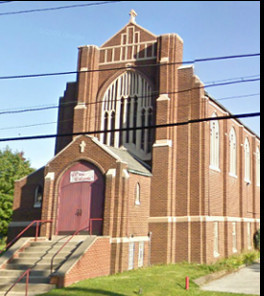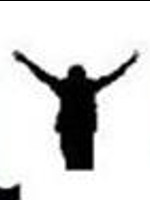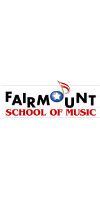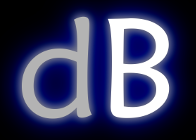
Guitar
Performance
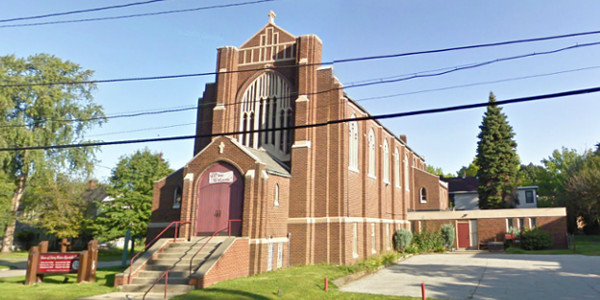
Rivers of The Living Waters A.M.E. Church
Networking with various people through playing jazz gigs, I always received offers to do other things. In May of 2008 I was invited for an audition where I had no idea what to expect. It was to be the house electric guitarist for Rivers of The Living Waters Church. After getting the gig, Sundays consisted of anywhere from one to three services, both in house and out, and some of them were marathons. The challenge for me was that nothing was ever written, and barely anything was ever said - everything was done by ear, which was something I wasn't accustomed to. I grew immensely as a musician because of this. Unfortunately, in the fall of 2009, travelling with the cover band began to dominate my weekend schedule so I had to give up the position. In many ways though, this was probably one of the most unique playing and life experiences I have ever had.
Tricky Dick
and The Cover-Ups®
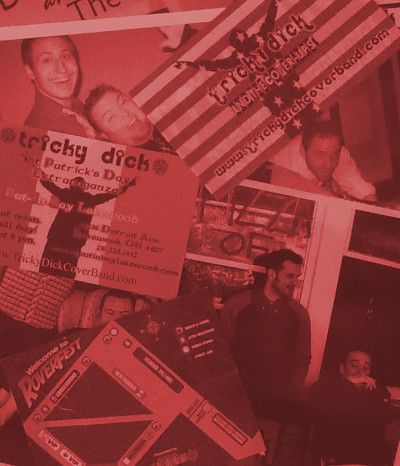
In the fall of 2007 a cover band called Tricky Dick and the Cover-Ups started out...well, rough to put it politely. The band quickly began to tighten up and by the end of 2008 was becoming a staple throughout Ohio. Avoiding some of the typical cover band fare, and playing two, two hour sets per night earned the band a reputation as a high-energy entertainment and music machine.
In 2010, right as I exited for NY, the group won its first Cleveland Scene Best of Award, and hasn't given up the title since. Although things have changed, the boys are still rocking the midwest - to see their up to date schedule and information check out the official Tricky Dick homepage.
Don Bosley Trio
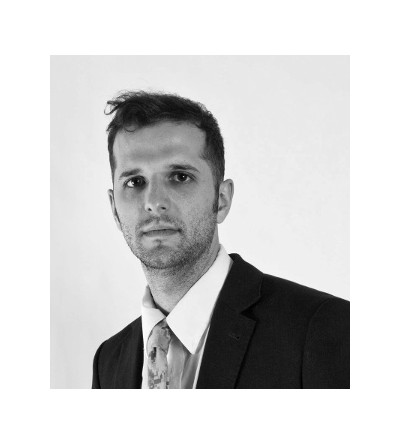
What began as small engagements through the music department at Cleveland State, became a steady stream of gigs for almost five years... From the Glidden House to the Intercontinental Hotel, the Bosley Trio earned a solid reputation as a working jazz unit.
For the sake of booking, we started going by the Don Bosley insert number of players here, because we would often have requests for additional instrumentation - which at it's largest was an 8 piece ensemble. Playing up until the fall of 2010 when I moved to NY, the staples of the group were bassist Alfredo Guerrieri, and drummer/percussionists Beau Lisy, or Dylan Hayden.
Instruction
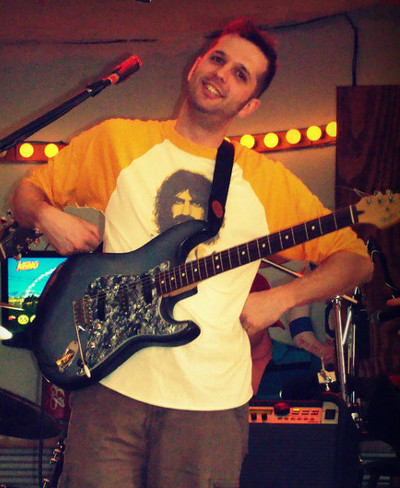
Lessons and Requests for Materials
My teaching style drills fundamentals and is
designed more for a student with curiosities about musical materials, rather than someone who just wants to learn a few songs. Former students of mine
have earned scholarships to schools like Berkelee and the Ohio State University, or just gained a far greater appreciation for what they were doing.
Private Lessons: I currently teach lessons on a case by case basis, out of my apartment on the edge of Brooklyn and Queens (L and M trains).
I do not recommend instrumental lessons via skype - the latency makes playing duets impossible, and the sound produced is never the kind of quality
that a teacher can judge a student's tone from. Tone matters, and support your local music teachers!
Requests for Materials: I cannot at this time accept requests for teaching materials. I will in the near future, begin to post various work that I have done with former students
for the free use of the public.
Contact me about lessons.

Fairmount School of Music
In October of 2007, I was asked to substitute teach guitar for a friend who worked at Fairmount School of Music. In the spring of 2008, as I approached completion of my undergraduate degree, the director of education at Fairmount approached me about becoming a faculty member. Within six months, I was up to teaching three days a week, and built up a studio that never dropped below 25 students for the remainder of the time I was at that school. You can find information on the school here.
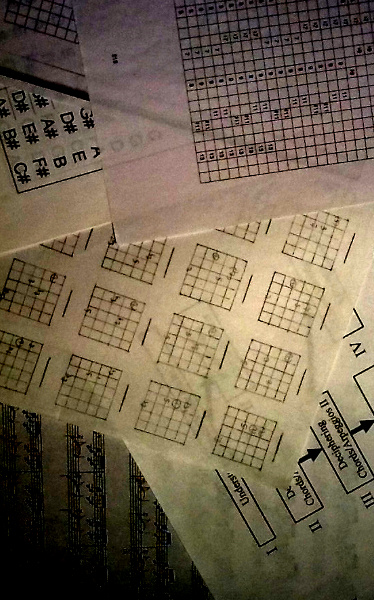
Advanced Guitar/Theory Classes
Working with students once a week, which is the typical format used in music lessons, is rewarding but generally doesn't leave enough time to cover the ground that students who progress well can handle. Not everyone can afford to bump up to an hour lesson a week either. What's the solution to offering your students more advanced topics while keeping them playing during the lesson time?
I realized two things : 1)Most students under the age of 18 have a lot of free time in the summer - thus the time to tackle extra work, or show up for additional instruction. 2)Group lessons could keep supplementary costs down while allowing the teacher the time to effectively convey more advanced materials. The result was in the summer of 2009, for the first time I taught a series of six two hour lecture/workshops, designed to take advantage of a group of four to eight students.
Based on feedback and the effectiveness of the classes, I created a set of short placement tests to ensure students were ready for the class they wanted to dive into, updated the theory based courses to apply to any instrument, and formulated a way to effectively make the theory based courses into an effective sequence. The current list of group classes are as follows :
All instruments:
Understanding Major/Minor Scales
Deciphering Chords and Arpeggios I
Deciphering Chords and Arpeggios II
Modality and Alternate Scales
Guitar Only:
Bach Should Have Had an Electric Guitar
The Creative Right Hand
Chord Melody Concepts
Creative Chords
If you are interested in discussing the curriculum, or booking me to teach these courses to students at your school, please contact me.
CURRENT:
I teach guitar and theory to private students in Brooklyn/Queens, and over the last few years
developed a repertoire of original compositions and arrangements with 8-string Novax Guitarist
Mark Anderson.
I also play a few times a year for
CopyCat NYC with
Oye! And the Como Se Dices?
Despite other varied interests in music and technology, the guitar has occupied some of this work,
like my Master's Thesis,
and practice remains a part of my daily routine.
EXPERIENCE & EDUCATION:
As a performer I've logged thousands of hours. Beginning in my early teens I began to play
in the typical garage band settings, and spent six years in Big Band at my middle and high school. I briefly studied classical
guitar at Baldwin-Wallace Conservatory with
Loris Chobanian,
and during this time began playing
The Chapman Stick.
In early 2006, resuming my education at CSU, I studied jazz and electric guitar with Bob Fraser, played in a variety of ensembles, and began gigging professionally thanks to contacts in the department. In 2007, I landed a teaching position at Fairmount School of Music, where I helped develop the For Those About to Rock program, and a series of advanced workshops. While regularly gigging with my jazz trio (and variations of), Stephen Samuel's Little Big Band, and supporting original acts, I launched Tricky Dick and The Cover-Ups®, arguably now one of the most popular cover acts in the Midwest, and growing nationally.
